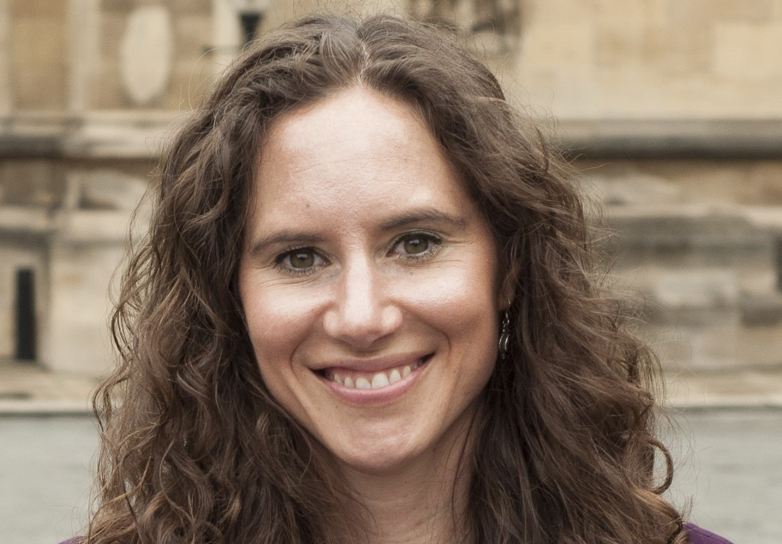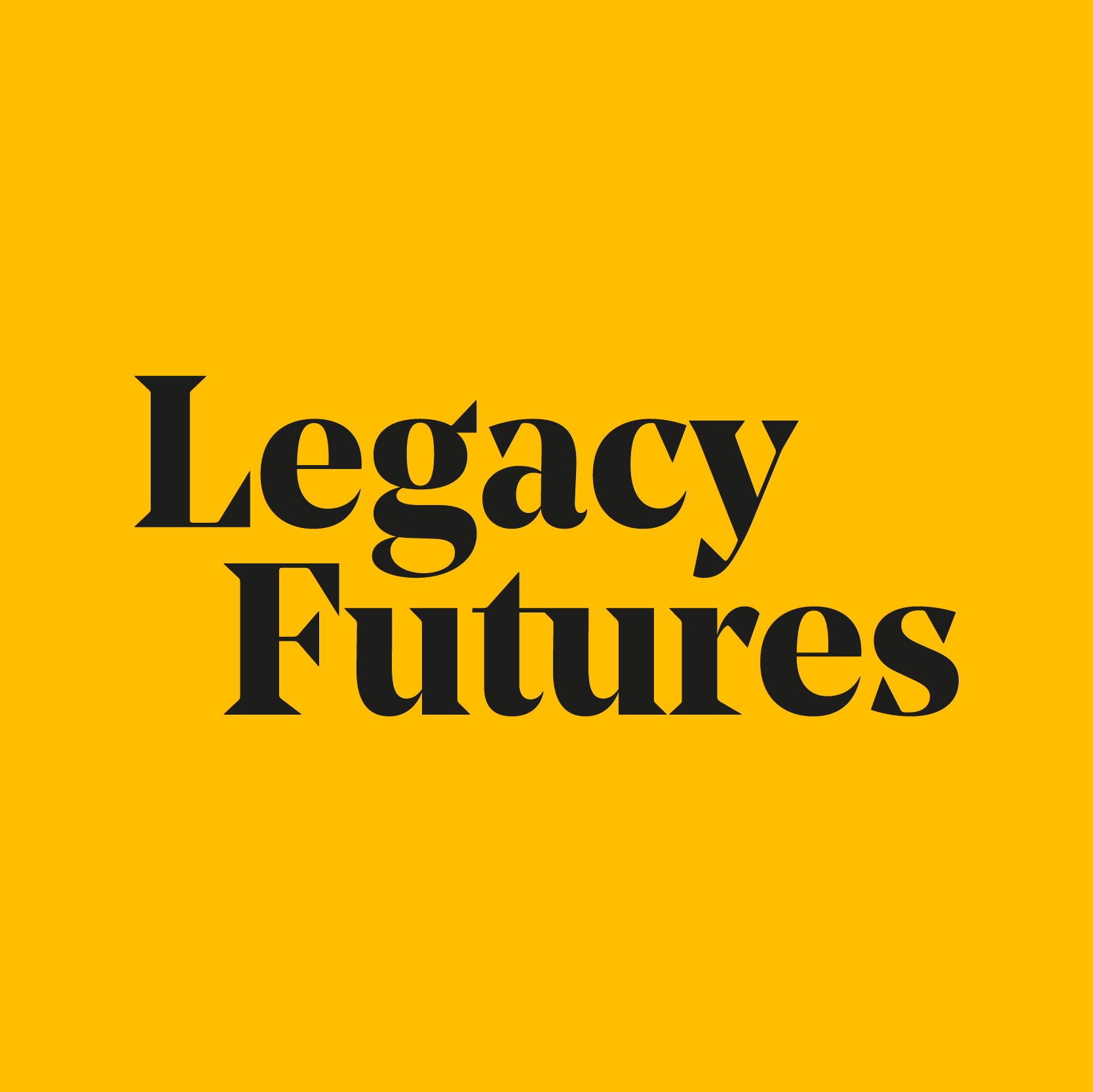Gaps in knowledge around legacy and in-memory fundraising are hampering the charity sector’s ability to run programmes effectively, research has shown.
New data from Legacy Futures’ recent training survey has revealed significant knowledge gaps in areas such as data and donor motivations in legacy fundraising.
Almost all of respondents (91%) recognised that data and knowledge of data are extremely important in supporting legacy programmes, yet just over half (54%) rated their level of knowledge on the subject as good or excellent.
Meanwhile, 88% believed it was important to understand donor motivations, although just 28% said they did not regard their knowledge in the subject as good/excellent.
Survey responses revealed that many professionals struggle to secure the resources they need to run their programmes effectively, with time and budget cited as key challenges.
Respondents suggested that time is spent on acquiring and stewarding supporters, with only 10% of time available for internal advocacy.
The survey showed there is a clear demand for expert-led training, with the majority of respondents emphasising the importance of high-quality content delivered by experienced professionals.
Over half (53%) said they favour a hybrid learning approach that combines in-person and online sessions, while 70% of respondents would choose regular training sessions and around half would also opt for intensive and one-to-one training.
Only around one fifth preferred training sessions with colleagues.
Around three quarters (74%) of respondents said they felt it was extremely or very important for training to provide them with opportunities to advance their career.
“Our survey highlights the growing need for comprehensive training that not only enhances individual skills but also empowers teams to build a strong legacy giving culture within their organisations,” Legacy Futures CEO, Ashley Rowthorn commented.
“The findings point to a broader need for senior leaders within charities to better understand the dynamics of legacy fundraising. Without this understanding, the responsibility for securing resources and advocating for internal support often falls disproportionately on the shoulders of legacy fundraisers.
“Addressing this challenge will be essential for charities looking to take full advantage of the expected long-term growth legacy giving while ensuring supporters receive the experience they deserve.”
Latest News
-
Philanthropist hands National Trust its largest ever donation
-
Inclusive boards charity chief leaves after a month in post
-
Rob Huggins: Charities need more than donations, they need understanding
-
Charity regulator launches probe into sale of City and Guilds’ commercial arm
-
Monday movers - 12 January
-
Mental health charity staff to strike this week
Charity Times video Q&A: In conversation with Hilda Hayo, CEO of Dementia UK
Charity Times editor, Lauren Weymouth, is joined by Dementia UK CEO, Hilda Hayo to discuss why the charity receives such high workplace satisfaction results, what a positive working culture looks like and the importance of lived experience among staff. The pair talk about challenges facing the charity, the impact felt by the pandemic and how it's striving to overcome obstacles and continue to be a highly impactful organisation for anybody affected by dementia.
Charity Times Awards 2023
Mitigating risk and reducing claims

The cost-of-living crisis is impacting charities in a number of ways, including the risks they take. Endsleigh Insurance’s* senior risk management consultant Scott Crichton joins Charity Times to discuss the ramifications of prioritising certain types of risk over others, the financial implications risk can have if not managed properly, and tips for charities to help manage those risks.
* Coming soon… Howden, the new name for Endsleigh.
* Coming soon… Howden, the new name for Endsleigh.
Better Society

© 2021 Perspective Publishing Privacy & Cookies










Recent Stories